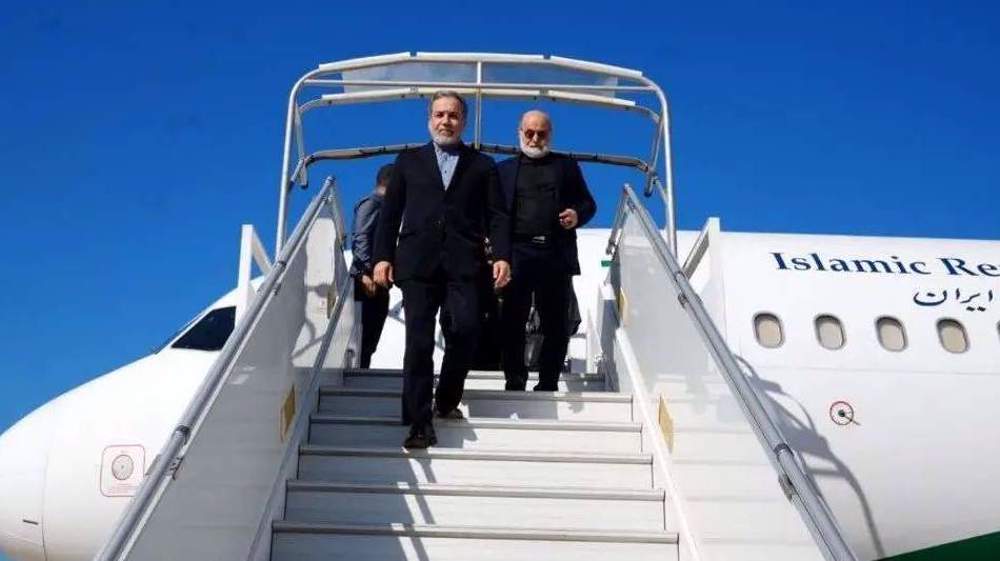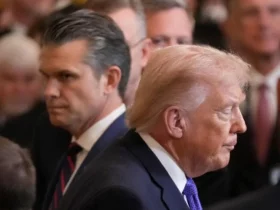On the Iranian Foreign Minister’s recent travels in West Asia.
On the Iranian Foreign Minister’s recent travels in West Asia.
As Israel escalates its attacks on Lebanon and conducts limited ground operations along the border, extending the flames of war from Gaza to the wider Middle East, Iran’s Foreign Minister has undertaken a series of diplomatic trips across the region over the past week, which can all be seen as part of a “war management” diplomacy.
Abbas Araghchi, Iran’s Foreign Minister, traveled to Lebanon immediately after Iran’s missile strike against Israel, despite Israeli warnings against any air travel over Lebanese airspace. In Lebanon, Araghchi met with government officials as well as leaders of the Islamic Resistance. During this trip, accompanied by a delegation of government officials and members of parliament, Iran delivered 10 tons of food and medical supplies to the war-affected people of Lebanon.
Following his visit to Lebanon, Araghchi headed to Damascus, where he held talks with Syrian President Bashar al-Assad. After the meeting, a spokesperson from Iran’s Foreign Ministry, who accompanied Araghchi, wrote: “Today’s meeting between Foreign Minister Dr. Araghchi and President Bashar al-Assad was of great importance. The bonds of friendship and the strategic relationship between Iran and Syria are stronger than ever. Both countries pursue a noble and shared goal, namely the quest for peace and stability in the region, and resistance against the occupation, crimes, and aggression of the Zionist regime. The region must acknowledge Syria’s sacrifices in the fight against occupation and terrorism.”
These visits were, in essence, a diplomatic show of strength immediately following Iran’s military and missile show of force against Israel. Iran aimed to demonstrate its continued commitment to defending its allies and reaffirmed that the strategic interests of its allies are, in fact, its own strategic interests.
A few days after these meetings, Abbas Araghchi traveled to Saudi Arabia and Qatar, embarking on a new round of diplomacy to manage the ongoing crisis in the Middle East.
Olive branch in one hand, weapon in the other
In 1974, Yasser Arafat, leader of the Palestine Liberation Organization, delivered a historic speech at the United Nations. Addressing the assembly, he declared, “I come bearing an olive branch in one hand and the freedom fighter’s gun in the other. Do not let the olive branch fall from my hand.” These words from Arafat could well summarize the mission of Iran’s Deputy Foreign Minister, Abbas Araghchi, during his recent trip to Saudi Arabia.
According to Iranian state media, the official goals of Araghchi’s visit to Riyadh and his meeting with his Saudi counterpart were primarily centered on emphasizing the urgency of holding an emergency session of the Organization of Islamic Cooperation (OIC), headquartered in Jeddah. Another objective was encouraging Saudi Arabia to leverage its influence to help manage regional tensions and take a more responsible role regarding the situation in Palestine. Additionally, the visit was part of Iran’s broader diplomatic efforts to strengthen its “neighborhood policy” with the Gulf Cooperation Council (GCC), a process showcased during the informal meeting between Iranian Foreign Minister and GCC counterparts last week.
However, beyond the official statements, it is clear that the primary focus of the discussions revolved around managing the current levels of regional tension and exploring possible future scenarios. According to unofficial sources, Araghchi aimed to understand how Saudi Arabia and the Gulf states might respond to a potential Israeli strike on Iran. He also sought to convey Iran’s seriousness in responding to any Gulf states that might collaborate with Israel in such an attack.
Iran has publicly declared its unwavering support for regional and comprehensive peace, emphasizing the mutual benefits peace brings to all nations in the region. Nonetheless, it has repeatedly stated, albeit unofficially, that if Iran’s vital interests are threatened by hostile governments, it will not hesitate to strike the vital interests of those countries that assist in any aggression against it.
It seems Iranian policymakers are not opposed to ensuring that their efforts to prevent Israeli provocations lead to peace for all nations in the region. However, they cannot accept a scenario in which their neighbors collaborate with Israel or the United States in the event of an attack on Iran.
Iran—particularly with its recent attack on Israel—has demonstrated that it possesses the necessary military capabilities to defend its strategic interests. Should these strategic interests be threatened, Iran has shown that it will not hesitate to take any action to neutralize such threats. If Iran reaches this level of engagement, none of the existing regional defense and security systems will be capable of withstanding Iran’s response, as evidenced by the failure of Israel’s various defense systems, from the Iron Dome to the David’s Sling, to intercept Iranian missiles.
Iran has underscored the seriousness of its strategy, alongside the vulnerabilities of regional countries’ defense capabilities, through incidents such as the 2019 attack on Saudi Arabia’s Aramco oil facilities and the sabotage operations in the ports of the United Arab Emirates.
The necessity of reducing tensions
In addition to urging Gulf Arab states to refrain from collaborating with Israel in the event of a potential attack on Iran, it seems that Araghchi’s next agenda is to communicate the widespread risks of a regional war for these countries’ economies and security, and to encourage them to work towards de-escalation.
In fact, Iran has successfully conveyed to the Gulf Arab states that not only should they remain neutral in a possible conflict, but they must also actively work to prevent such a conflict from occurring. The economic and security structures of these states are far too fragile to withstand the impact of a regional war.
As a result of these diplomatic efforts, some reports have confirmed that Saudi Arabia and other Gulf nations have pledged neutrality, and further suggest that Saudi Arabia has initiated contact with U.S. officials to pressure Israel to avoid attacking Iran’s nuclear and oil facilities.

















Leave a Reply